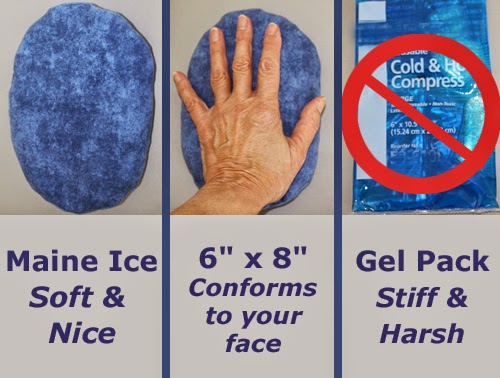We
often hear or read about how a Mediterranean diet lowers the risk of certain types
of cancers -- including prostate cancer. I recall an article in the magazine, EATING WELL, where the
combination of tomatoes and cheese in one’s diet were thought to lower the risk
of prostate cancer. Since I read that article to my husband over two decades ago, he prepares his lunch, often a sandwich with tomatoes and cheese, and he has no sign of prostate cancer (which seems to run in his family). But after reading about a more recent theory I wonder if olive oil in a Mediterranean diet accounts for the low risk for prostate cancer, especially among Italian men.
More studies are needed to confirm this, even if the signs are hopeful. The International Olive Council has more information about this subject. The Mayo Clinic recommends a low fat diet rich in veggies and fruits to reduce the risk of prostate cancer. I think this sounds more reasonable and that olive oil is good for us but moderation is key.
If you know someone who needs to have prostate surgery, a
gift of a small Maine Ice pack for recovery can be helpful. This small bag of whole corn, when frozen, provides comforting cold (not harsh like ice), is made of soft cotton flannel, and conforms to the body (not stiff like gel packs). It is also good for surgery on the face and other sensitive areas. The cover can be
washed. It can also be heated in the microwave if heat is needed.
*This research was done by two cancer biologists at Hunter College and Paul Breslin, a professor of nutritional sciences at the School of Environmental and Biological Sciences.

No comments:
Post a Comment